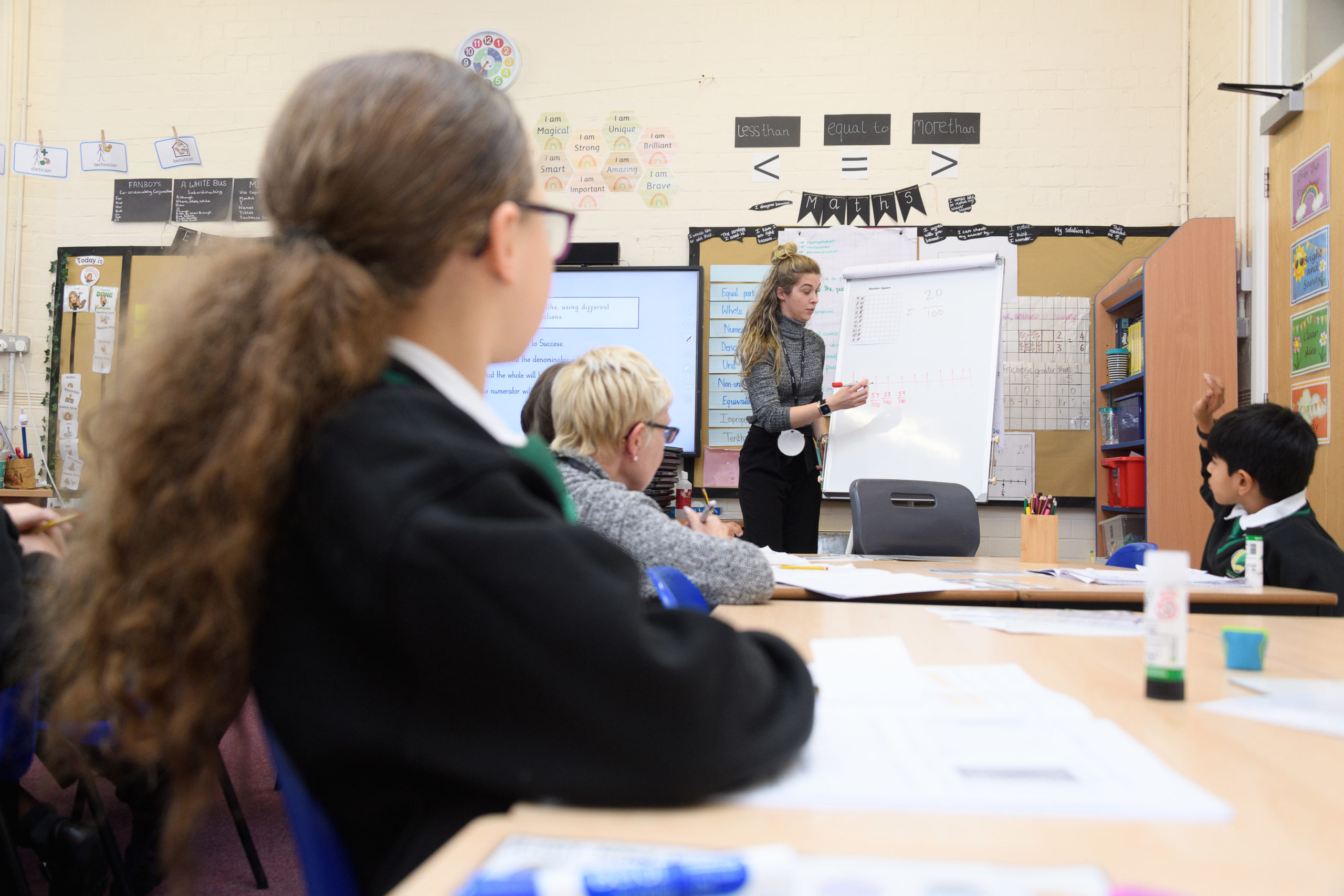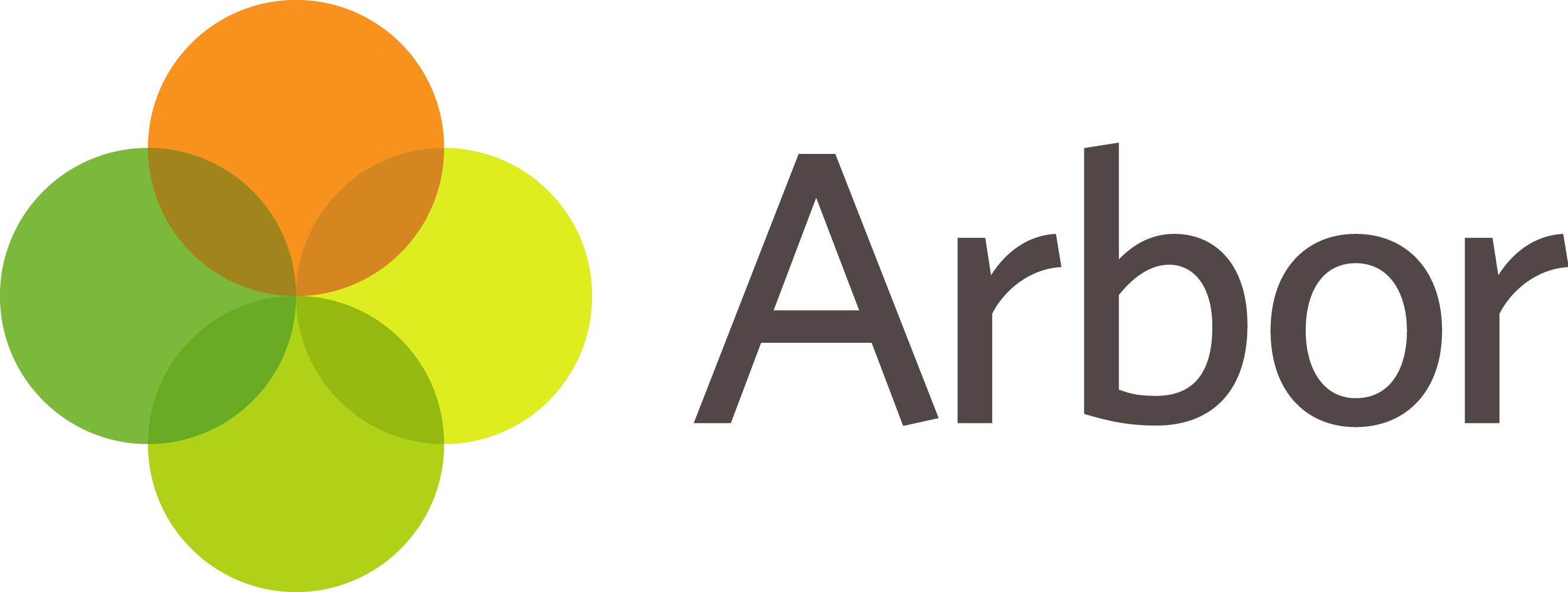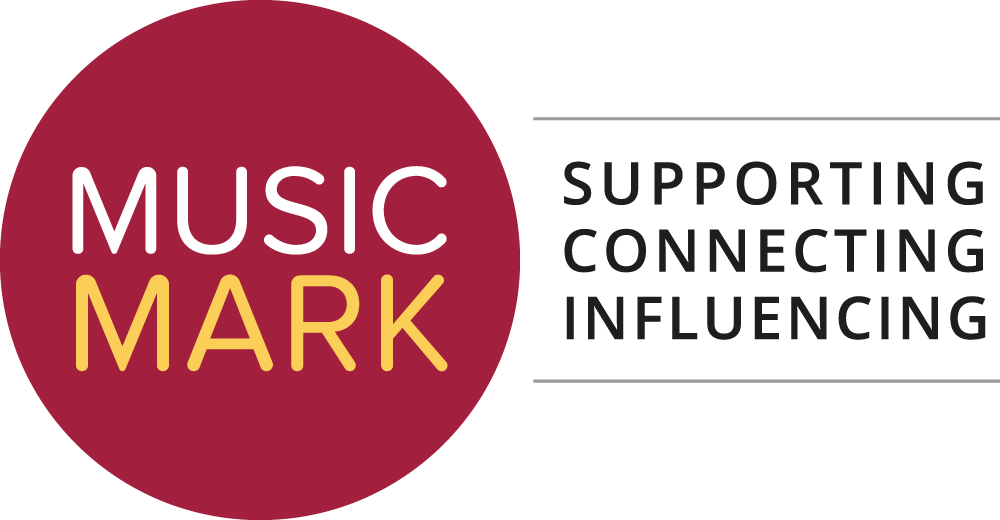Our vibrant curriculum has been designed to excite our pupils; it has been carefully planned so that pupils will want to dive in and explore our irresistible themes. Although themes are cross-curricular, each theme has a driving subject for each half term to allow in depth study of the foundation subjects.
Every half term will start with a new theme for pupils to discover. Our values Excite, Explore, Excel drive our curriculum and the learning journey. This is why it is called E3L – Excite, Explore, Excel Learning. Each theme starts with a memorable experience (or Excite), is followed by a series of carefully sequenced ‘Explores’ to develop skills and knowledge and includes a range of assessment opportunities (Excels).
Our Curriculum
Our curriculum provides a dynamic platform for our pupils to excel during their time at school and beyond. Shireland Collegiate Academy Trust have partnered with Hodder Education and Rising Stars, one of the largest education publishers in the country, to develop and publish our E3L curriculum into eduu.school, an online curriculum offer for schools across the country and indeed the world.
Our curriculum is cross-curricular, with literacy at its heart, driven through inspiring themes and underpinned by the development of key skills across the foundation subjects (History, Geography, Music, Art and Design, Design Technology and Science.) There is a focus on Science, ensuring children’s scientific knowledge and investigation skills are well developed. Our themes also encourage a love and celebration of the Arts and ensure we help children cultivate their own Cultural Capital for the world beyond school. Each theme has a key poem, piece of music and piece of art work for pupils to respond to. ‘Wellbeing Moments’ and ‘Wellbeing Explores’ are an integral part of each theme and offer an opportunity for pupils to perceive wellbeing as a natural tool that can enhance and enable their learning.
The E3L curriculum has been fully mapped to the National Curriculum to ensure full curriculum coverage from EYFS to Year 6.
Teachers adapt, personalise and contextualise each theme to customise the curriculum to their cohort whilst ensuring curriculum coverage. It is ambitious for all pupils, including SEND pupils. We use ‘Pathways planning’ to make adaptations that allow all pupils to access the E3L curriculum.
All themes are supported by a family learning project which offers pupils a creative opportunity to explore key concepts and to extend or consolidate the theme with their families outside of school.
Diversity
Inclusivity and diversity are very important to us at the Shireland Collegiate Academy Trust. In our pursuit to ensure we deliver an equitable and exemplary curriculum, we have texts readily available that excite and ensure our learners have a greater understanding of the culturally rich world they are part of, from having protagonists with different ethnic backgrounds, to stories that unmask historical episodes from a range of cultures and perspectives.
We aim to ensure that our learners develop a rich literary heritage which is all-embracing and continually evolving. We want our learners to see themselves in the stories and literature we share to empower and enable them to excel in all areas of the curriculum.
EYFS
E3L; Excite, Explore, Excel
Within our EYFS provision, we promote the ‘Characteristics of Effective Learning’ (Playing and Exploring, Active Learning and Creative and Critical Thinking) by providing all children with a range of rich and meaningful first-hand experiences through our inspiring E3L themes such as: Let’s Pretend, Through the Window, Toy Story and Snap, Crackle and Pop.
Our children in EYFS are given opportunities to engage in “direct” learning experiences both indoors and outdoors and we encourage them to access materials independently and to have pride in their work, make sensible choices about their learning, as well as have high expectations of themselves and others.
Key Stage One
E3L; Excite, Explore, Excel
At Tameside Primary Academy, our themes are carefully chosen to show progression through content and knowledge across the subjects, taking account of seasons across the year and the first theme of each academic year focusing on PSHE, such as ‘Blast from the Past’ in Year 1.
A theme lasts up to half a term, and starts with an Excite experience, such as the discovery of a dinosaur nest, which the pupils use as a hook to engage them and base their learning on. Our underpinning philosophy is that they learn better in context rather than studying a single subject in isolation.
Science knowledge and skills are delivered through the E3L themes, some of which are specifically science focused such as ‘Brilliant Bodies’ and ‘Creepy Crawlies’. We also place an extra emphasis on practical science through additional practical science investigations. We ensure coverage of the science programme of study across each year group.
All of the themes have certain key characteristics: A large piece of extended writing, time for developing reading, and a number of subject specific skills that the pupils will develop. A pupil can produce a variety of outputs such as a digital dinosaur fact-files in the ‘Dinosaur Discovery’ theme in Year 1 or a recipe for a class book that will be printed in the ‘Roll Up! Roll Up!’ theme in Year 2.
Our Immersive Room provides learners with opportunities to visit and experience places and times in a way that they are unable to do in a standard primary school and will enhance the themes and the learning that takes place. Themes such as ‘Shipwreck’, ‘Dinosaur Discovery’ and ‘Worth Repeating’ will all benefit from them having carefully crafted lessons in this special learning space.
Key Stage Two
E3L; Excite, Explore, Excel
In Key Stage 2 our themes continue to offer irresistible learning opportunities through innovative and rich experiences through our E3L curriculum.
An E3L theme lasts up to half a term, which the pupils use as the context to base their learning on. The underpinning philosophy is that they learn better in context rather than in isolation.
E3L themes cover areas of the National Curriculum, but some themes might be more geography based, while others may contain more history. By writing the curriculum in this way it allows for stronger experiences and more time to produce high-quality outcomes with more learning impact. In this way there is an opportunity for in-depth learning but with the full curriculum balance across the age phases.
All of the themes have certain key activities and outcomes with many opportunities for pupils to have a real audience. For example, a large piece of extended writing, such as a piece of diary writing in the ‘Blitz’ theme, is shared with a global audience via an online blog. A recipe in ‘Merlin’ is published and ‘sold’ to families. The theme ‘Framed’ in Year 5 allows pupils to produce a ‘real’ gallery exhibition that is ‘visited’ by families and the community.
Our Immersive Room also enables learners to visit and experience places and times in a way that they are unable to do in a standard primary school and will enhance the themes and the learning that takes place. Themes such as ‘Trailblazers’, ‘Amazing Islands’, ‘Planet SOS’ and ‘The Globe’ will all benefit from them having carefully crafted lessons in this special learning space.

Primary Theme – Sequence and Key Context
| Year Group | Theme | Subject focus | Key Theme Content |
| 1 | Blast from the Past | History |
|
| 1 | Twist and Shout | Music |
|
| 1 | We are British | History
PSHE |
|
| 1 | Amazon | Geography |
|
| 1 | Amazing Animals | Art |
|
| 1 | Dinosaur Discovery | Science |
|
| Year Group | Theme | Subject focus | Key Theme Content |
| 2 | Then and Now | History |
|
| 2 | Worth Repeating | Art |
|
| 2 | Roll Up, Roll Up! | DT |
|
| 2 | Creepy Crawlies | Science |
|
| 2 | Brilliant Bodies | Science |
|
| 2 | Shipwreck | History |
|
| Year Group | Theme | Subject focus | Key Theme Content |
| 3 | Trailblazers | DT
Geography |
|
| 3 | Pre-historic Planet | History |
|
| 3 | It’s Not Fair | DT
Geography |
|
| 3 | Planet SOS | Art |
|
| 3 | Zeus | History |
|
| 3 | Catastrophe | Geography |
|
| Year Group | Theme | Subject focus | Key Theme Content |
| 4 | Musical Express | Music |
|
| 4 | Merlin | Science |
|
| 4 | What Did the Romans Ever Do for Us? | History |
|
| 4 | Mountain High, River Low | Geography |
|
| 4 | Savage Settlers | History |
|
| 4 | Around the World | Geography |
|
| Year Group | Theme | Subject focus | Key Theme Content |
| 5 | Framed | Art |
|
| 5 | Bloodhound | Design Technology |
|
| 5 | Galaxy Quest | Science |
|
| 5 | Mummified | History |
|
| 5 | Amazing Islands | Geography |
|
| 5 | What the Dickens? | History |
|
| Year Group | Theme | Subject focus | Key Theme Content |
| 6 | Forensic | Science |
|
| 6 | Iceberg Ahead | Geography |
|
| 6 | Blitz | History |
|
| 6 | Mozart Mash-Up | Music |
|
| 6 | The Globe | History |
|
| 6 | Digital Dragons’ Den | DT
Computing |
|
Please contact the school office if you would like to find out more about our curriculum: admin@lpa.shirelandcat.net





